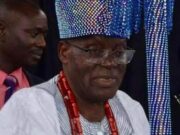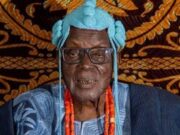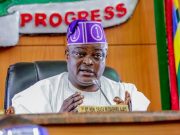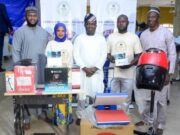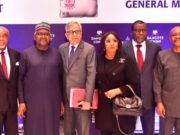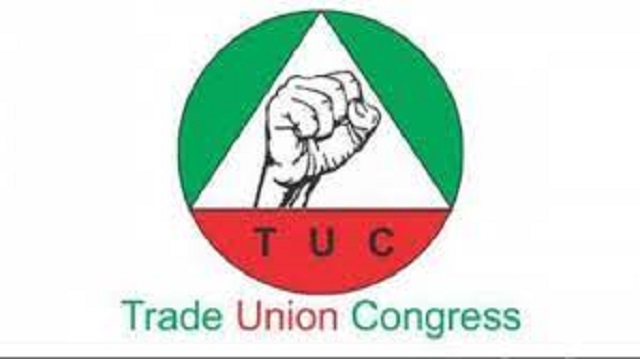The National Administrative Council of the Trade Union Congress has ratified the nomination/election of its President, Festus Osifo, for a fresh four-year term in office.
This is just as the President, Bola Tinubu, counseled affiliate unions of both the TUC and the Nigeria Labour Congress to always prioritise transparency in the election of their leaders.
Osifo and 18 other members of the executive were returned to the office unopposed Friday evening in Abuja during their inaugural quadrennial National Delegate Conference.
Speaking earlier before the election processes began, Osifo lamented that the current economic difficulties in the country have continued to grossly affect Nigerian workers.
Osifo spoke on the theme of the conference: “The Future of Work- Ensuring Fair Labour Practices and Economic Justice in a Digital Era”.
The labour leader explained that Nigerian workers’ challenges were compounded by the devaluation of the Naira by the President Tinubu-led administration.
Commenting on the killings in Plateau, Benue and other places, he said the food insecurity in the country would only continue to worsen if the cases of insecurity continue to rise.
According to him, insecurity has been making it impossible for farmers to gain access to their respective farmlands, adding that unemployment was also fueling the insecurity crisis that was throwing the country into chaos.
“One of the reasons the food prices are skyrocketing today is actually because of the insecurity we are having in places like Plateau, Benue, Borno, and I could go on and on.
“Everybody wants to preserve their lives, because when you go to the farm, your life is not safe. The middle belt of Plateau and Benue is actually the food basket of our country, and this has greatly affected us.
“We call on government to take decisive steps to ensure that the state of insecurity in Nigeria is addressed because that is our primary responsibility of government,” the labour leader said.
He also expressed concerns over the increasing number of out-of-school children in the country, urging the government at all levels to prioritise education by building better individuals.
“We have a lot of Nigerians, youths that are unemployed; we are actually feeding the insecurity net. You are actually saying that if you don’t have a job, people could turn to alternative means.
“We call on the government; let’s see how we can sit down on a round table and develop strategies and systems with which we would have sufficient employment as a country, so that men and women who are able and are willing to work will have jobs to do.
“We are calling on the federal, state, and local governments. They must all come together to quickly address the issues that are affecting out-of-school children.
“We cannot have a country where we have between 20 million and 40 million out-of-school children. We don’t feel that this is correct; we think it’s wrong.
“The state government must wake up because education is at risk. It is not an exclusive prism of the federal government alone.
“They must sit down collectively to develop strategies to address this system because when most of these children are not educated, it gives room to child labour and child labour is one of the tenets that the ILO has been fighting against that trade unions all over the world are also pushing and fighting against.”
Credit: punchng.com


















